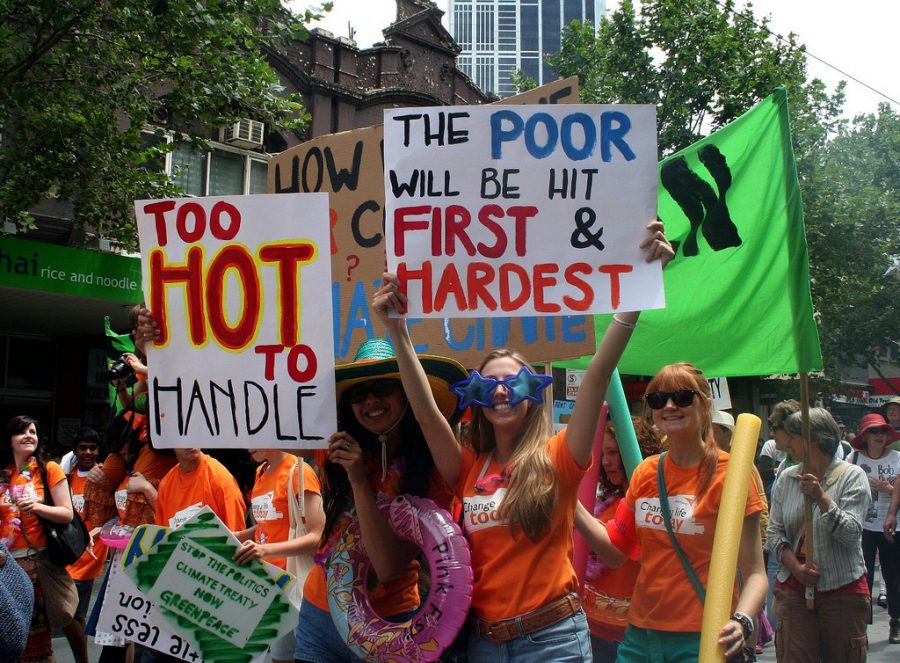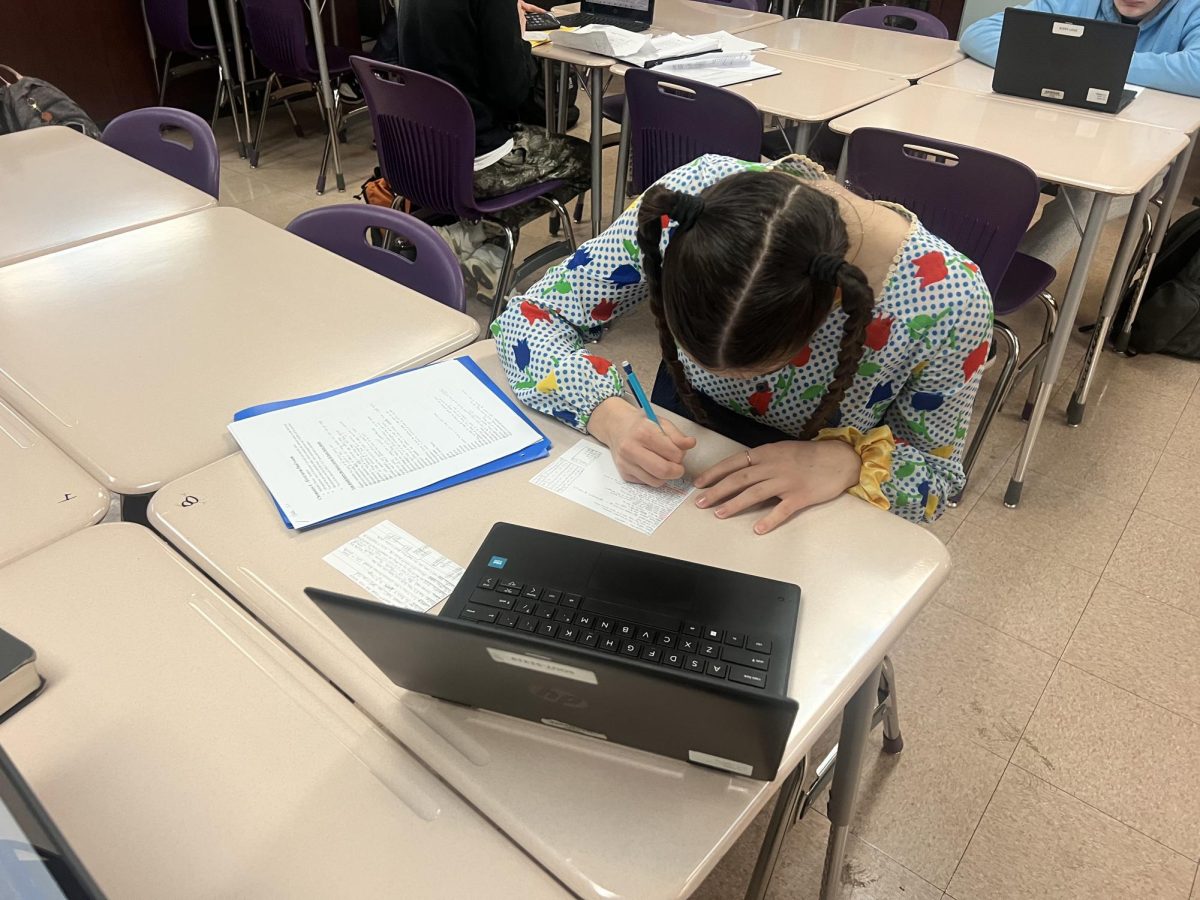The recent surge of student-led, climate strikes in Europe has led to countless debates across the world. As students in Belgium, France, the UK, Germany and Sweden “ditch the classroom” to flood city streets with protests, signs and calls for actions, the pressure on politicians to address global warming should be at an all-time high. However, student voices are deafened by adventitious cries for them to go back to school.
The urging necessity of action against climate change has been lost in the controversy of students skipping school to voice their concerns. Rather than responding to the strikes with new initiatives, leaders such as UK’s prime minister Theresa May and New South Wales education minister Rob Stokes are reprimanding the loss of “carefully prepared” class time in light of choosing to ‘play hooky’ from school.
Ironically, it is not the impact of climate change concerning the EU, but rather the cost of one day of education for some middle class students. An overwhelming number of young people across the world have united in a single paramount cause, and yet it still does not satisfy world leaders’ growing needs to control and impede on the opinions of a younger audience. The ‘Fridays for Future’ campaign, inspired by Swedish student Greta Thunberg, is merely a growing “trend” in teenage society.
So as leading energy companies finalise plans to drill for oil in one of the last untouched ocean areas in the world, the Great Australian Bight, and countries falter on their part of the Paris Agreement, students are yet again being pushed to the backburner. The world expects their primary concern to remain as their schooling, while the world around is being groomed for a catastrophic disaster within the next few decades.



